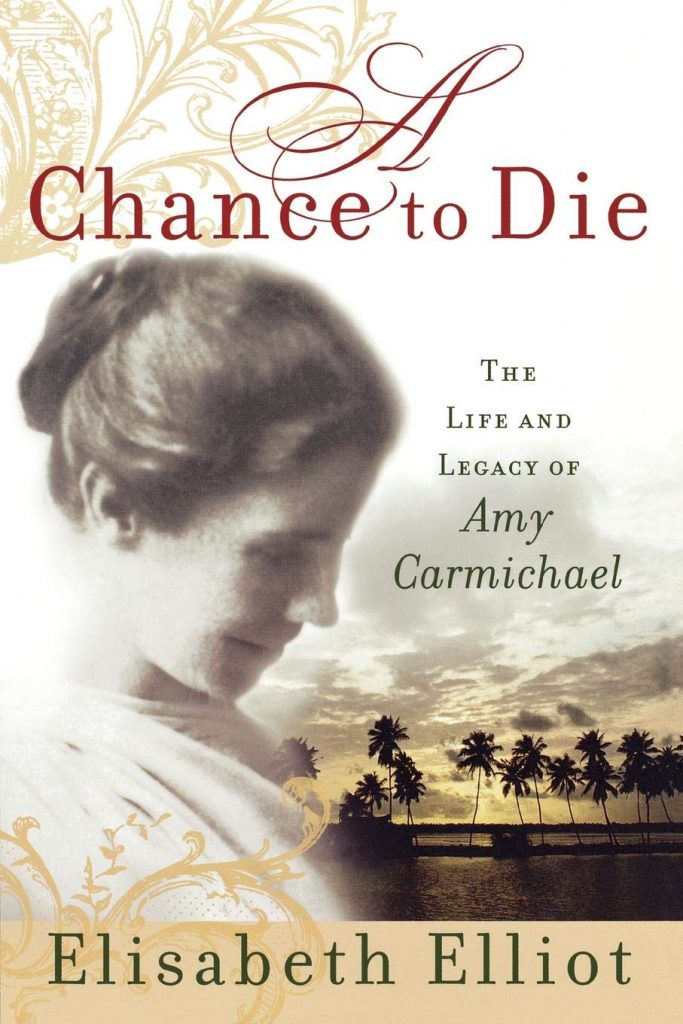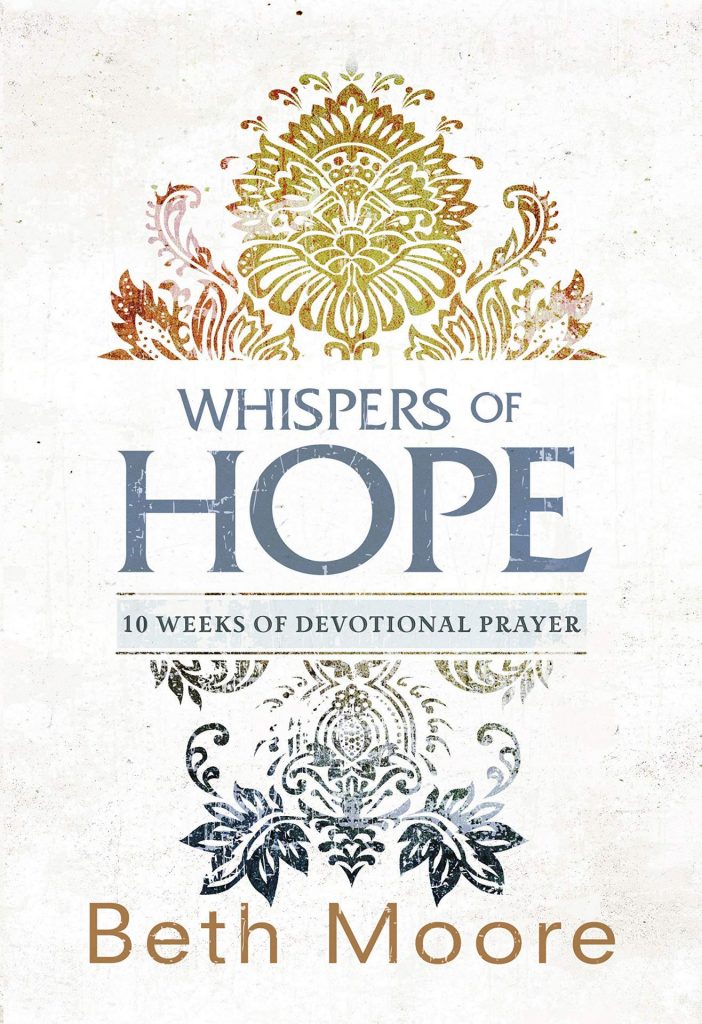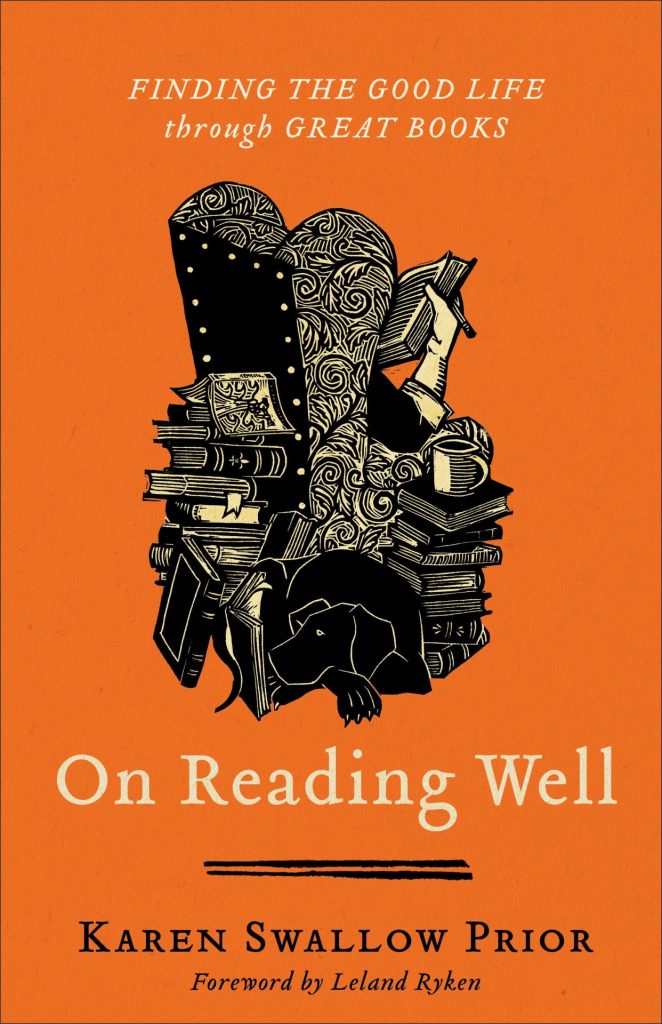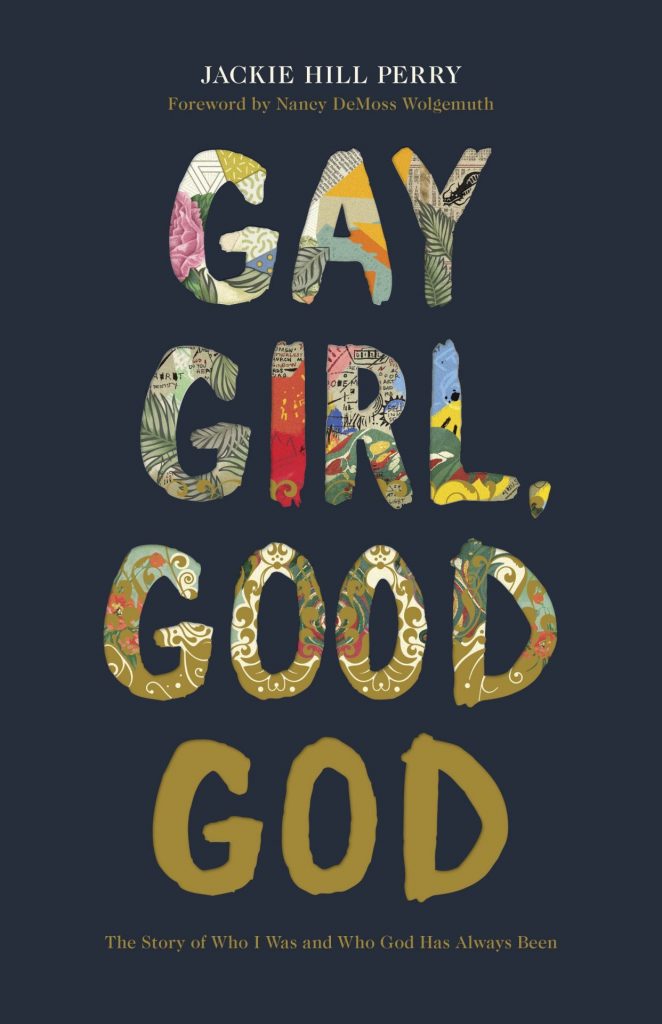
by Michael Foust | Oct 11, 2019
Gomez Addams is a protective father who only wants what is best for his children, Wednesday and Pugsley.
Or, maybe he wants the worst.
Whatever the case, Gomez and his family — including his
wife Morticia and his brother Fester and — are a tight-nit bunch. They play
together. They eat together. They defend one another.
They’re also a strange
bunch. For starters, the Addams live in a run-down mansion that always seems to
reside under a gray cloud. They also like everything the outside world hates.
Like rainy days. And bats. And dust. And dark, depressing clothes. Then there’s
their connection to the spirit world. They communicate regularly with deceased
relatives, who — get this — send
them gifts.
They are a macabre family living their dream life.
But then Wednesday — their teen girl — begins wondering
what the outside world is like. And then the Addams learn of an even bigger
threat to their dark-and-dreary life: A home-improvement show that is being
filmed at the bottom of their hill in a new town. And then the star of the show
volunteers to improve their home.
Can their weird way of life survive these new challenges?
The animated film The
Addams Family (PG) opens this weekend, starring Oscar Isaac (The Force Awakens) as Gomez, Charlize
Theron (Snow White and the Huntsman)
as Morticia, and Bette Midler (Beaches,
Murphy Brown) as Grandma.
The film is a new take on the story that began with a series
of comic strips and was popularized with a 1960s TV series. It follows a family
that does everything the opposite of the real world. When it’s time to dust the
house, they blow more dust into the
room. When they drop Wednesday off at school, they say, “Do your worst.” When
they see people laughing, they wonder what’s wrong.
The Addams
Family
is only the latest children’s film to spotlight the spooky world, following the
Hotel Transylvania series and the Goosebumps movies.
The Addams
Family
may be more family-friendly than Goosebumps
(that’s up for debate), but it’s far darker than any of the Hotel Transylvania movies. It’s so dark
that the word “macabre” made it into the film’s rating (which says it’s PG for
macabre and suggestive humor, and some action.)
Warning:
minor/moderate spoilers!
(Scale key:
none, minimal, moderate, extreme)
Violence/Disturbing
Moderate. The film is filled with Looney Tunes-type violence that’s played for laughs, but due to the
macabre nature of the family, it seems more disturbing. The funny-but-spooky
“Thing” is nothing more than a disembodied hand with a mind of its own.
Pugsley, the boy, often shoots his uncle with either arrows or small bombs as
part of “target practice.” (The uncle applauds him each time.) Pugsley climbs
down the mouth of their pet lion to retrieve his meal. When a red balloon lands
on the family’s property, Morticia jokes that it’s typically held by a “murderous
clown.” Wednesday buries her brother in a grave, apparently as a joke. (He
quickly digs out.) Lurch the butler, who looks a lot like Frankenstein, answers
the door with a deep-voiced and eerie “you raaaang?” Pugsley briefly climbs the
walls — his pupils a bright white. A family member jokes about a gift they
were given “from dead relatives.” Wednesday wonders why her vanity mirror —
unlike a smartphone — can hold only “14 souls at a time.” We hear a joke about
embalming fluid. A bat bites Morticia’s neck, and we hear a straw-sucking
sound. Morticia, wanting to get to know Wednesday better, invites her to a “tea
and seance” in the grave. Mortician then communicates with her deceased
parents. She also uses a ouija board. The final scene includes multiple things
blowing up.
Sexuality/Sensuality/Nudity
Minimal. Morticia’s dress shows a bit of cleavage. A couple
briefly kisses at the end.
Coarse
Language
Minimal. One or two barely heard OMGs.
Other
Positive Elements
Sure, Mr. and Mrs. Addams love all things dark, but they
also love their children.
Other Stuff
You Might Want To Know
Wednesday goes to a public schools and sees a friend,
Parker, bullied. (The other girl places a sandwich and drink in Parker’s
backpack.) At the school, Wednesday creates a device to bring dead frogs
(intended for dissection) back to life.
Life Lessons
Don’t put
work before family: Margaux Needler, the TV host, ignores her teen daughter,
Parker, who essentially grows up without a caring mother in her life.
Let your
kids be themselves:
Of course, this has its limits, but in The
Addams Family, the parents want their children to be exactly like them.
They fail to see Wednesday and Pugsley as unique individuals.
Don’t judge
people on appearance: This is the film’s primary message, and it’s driven home
in the movie’s final minutes. It’s a good lesson for children to learn.
Worldview/Application
I watched the black-and-white, live-action version of The Addams Family while growing up. It
was funny — and original.
Since then, though, I’ve become uncomfortable with a story
that makes jokes about seances, ouija boards and the dead. Those are things
Scripture explicitly tells us not to
embrace.
The Addams
Family
trivializes the dark world. It makes it seem fun, humorous and attractive —
when it’s just the opposite. (Morticia talks to her dead parents much like we
would call a real-world person on an iPhone.)
No doubt, much of the film humor is family-friendly and
appropriate. (Who wouldn’t laugh at a person “dusting” a house by making it dustier?) But much of the humor is not.
Sponsors
Hershey’s, IHOP, Goodwill, Tombstone, General Mills, Cost
Plus World Market and Scholastic.
Discussion
Questions
1. Is the dark world presented as good or bad?
2. What does the Bible say about communicating with the
dead?
3. Do you like macabre movies? Why or why not?
4. Are macabre films ever OK?
5. What lessons can we learn from the relationship between
the Addams parents and their children?
Entertainment rating: 2.5 out of 5
stars. Family-friendly rating: 3 out
of 5 stars.
Rated PG for
macabre and suggestive humor, and some action.

by Chris Doyle | Oct 10, 2019
Greetings!
It’s a super-fast edition of DHD this week. By the time many
of you are reading this, I will be in St. Louis, visiting family for an
extended weekend. I’m writing earlier than usual and not as long.
1. Caleb’s first race
The Baptist Messenger
has been keeping up with Caleb Freeman’s progress since his major accident in
Dec. 2017, which resulted in Caleb suffering from severe brain injuries. The
last article the Messenger featured was on Caleb
being honored at an OU basketball game, earlier this year. But do a search
for Caleb Freeman on www.baptistmessenger.com
to read all the reports.
Earlier this week, Caleb ran a 5K with his track teammates
from Newcastle High School. Multiple news reports covered his accomplishment.
It also was featured on NBC Nightly News. More updates can be found on the Pray
for Caleb Facebook page.
Praise God for what He is doing through Caleb’s life!
2. NBA and China
I told you I was going to be fast. So here’s my take on the
NBA-China issue. I support Houston Rockets G.M. Daryl Morey’s tweet message.
Apparently, I’m not alone because political leaders on both sides of the aisle
are also speaking in support of Hong Kong. Check out this
article by Josh Wester to get a great summary.
3. Thunder thoughts
I’m working a Thunder game tonight (Thurs., Oct. 10), but
what I’ve seen of the Thunder so far is interesting. In a brief summary, the
team is not as flashy but appears to be competitive. Of course, who knows how
long Chris Paul and other current Thunder players will be on the roster later
this season.
I’m sure I will say more later.
4. IMB Sending
Celebration
I wrote an article for the Oct. 17 edition of the Baptist Messenger about the
International Mission Board Sending Celebration that will be at Oklahoma City,
Quail Springs Nov. 12. Be on the lookout for it.
Save the date for that November Tuesday night!
5. DeYoung on Luke
I read a great commentary by Kevin DeYoung on Luke being an
evangelist to the rich. It’s a great perspective. Check it out here.
6. Walker at the fair
Walker Moore, longtime columnist for the Messenger, offered a great chronological
breakdown of one of his days serving as a chaplain at the Tulsa State Fair. It’s
a great read!
Check out Rite of
passage: Here to serve

by Caleb Moore | Oct 10, 2019
I often get approached by an excited parishioner who has questions
about a verse they read. They tell me the book, chapter and verse, but not what
it actually says. I’m not sure if they think I have it all memorized, or
perhaps it’s such a common verse that they assume I know it by heart.
Unfortunately, it’s very rare that I know that verse by its
location, yet as soon as they begin to quote it, I have no problem remembering
what it says.
That’s because I’m terrible at memorizing Scripture. I’m not sure if a pastor
is allowed to say that, but it’s the truth.
This doesn’t mean I don’t know my Bible. I consider myself to
be well educated on theology. For some reason, my brain just has a hard time
memorizing certain things. I’ve tried to use books that teach you how to
memorize Scripture. I’ve had flash cards I carry with me to help as well, but
all to no avail.
I know I’m not alone in this because I have met lots of people
who say the same thing. Although I don’t have it memorized, I can still quote
large amounts of Scripture from memory.
How can I do that without memorizing it? Easy, I just
remember it. Lots of us know things by heart that we never intentionally sat
down to memorize. I can sing the entire theme to the Duck Tales cartoon series.
I also know all the words to certain songs. Most of you reading this can at
least get halfway through the Fresh Prince of Bel Air theme song.
I highly doubt you sat down with song lyrics, made flash
cards and then worked for weeks to remember them all. It’s much more likely
that you heard that song so many times that it just got stuck in your brain,
and no matter what, you can’t get rid of it. This is how I know what I do with
Scripture—not from intentional memorization but from constantly reading certain
sections over and over.
If you find math difficult, it’s likely your brain also has
a hard time sitting down and memorizing flash cards of Bible verses as well. So
my encouragement to you is to not get frustrated but instead sit down and read
the same chapter every day for a week. You may not retain all of it, but you
will know a lot more than you did before. In fact, this is a very biblical way
to do this.
If you haven’t noticed, there are lots of festivals
mentioned in the Old Testament. One of the reasons for this was so that, every
few months, a story about why that festival was created would be retold and
passed onto the next generation.
Someone would read from the Bible, and after hearing it over
and over you quickly knew the Bible in the same way you learned the story of
The Three Little Pigs.
Not all of us learn the same way, but God’s Word is so rich
that we should all strive to find a way to write it on our hearts.

by Brian Hobbs | Sep 4, 2019
My teenager had only been driving with a learner’s permit
for a few weeks, when it happened. An accident. We were in the car, and while
parking, the car slightly grazed another vehicle leaving damage.
After interacting with the other vehicle’s owner and our
insurance company, my nerves calmed down.
After all, “It was only a fender bender, barely one at that,”
I thought. What I did not tell you yet, though, is that it was not my teenage
driver who struck the other vehicle; it was me.
While I am still wondering what life lessons this may have taught
my youngster, let me share what it has taught me:
Be humble. Adding
to my humiliation, my teenager had driven most of the time that day, until I
took over the last leg, knowing we were going to a place with a lot of traffic
and crowded parking lots. “Dad’s got to take the wheel, here,” I thought. True,
we were entering into some difficult driving, but my teen probably would have
been less (over) confident than her dad. That day, I learned to be more humble
about my abilities, or in this case inabilities (Rom. 12:3).
Be careful. In
this fast-paced society in which we live, it can be easy to get in too much a
hurry. Whether you are running late for an event and get careless parking your
car; or if you’re simply too careless with your words or attitudes, many of us
could benefit by slowing down, by taking care (Prov. 29:20).
Be patient. When
driving a car, it’s easy to grow inpatient. In fact, in every aspect of life,
it is difficult to have patience. Whether through life experience or prayer,
God can give to us more patience than we now have. It may not be a fun process
getting there, but it’s definitely a virtue and Fruit of the Spirit every
believer should desire (Eph. 4:2).
After my getting over my initial fender bender blues and
coming to these life lessons, I can step back and be thankful it happened. It
was a learning experience for me. It hopefully was a learning experience for my
teen. And who knows? Maybe my mistake can help you, as well.

by Chris Doyle | Aug 30, 2019
Greetings!
Thank you for reading Doyle’s Half Dozen. These are six
topics that involve current events or issues that have been recently discussed
through social media.
I hope you enjoy your Labor Day Weekend, and I always welcome
any responses to whatever I cover in DHD.
1. No Luck at all
I was over at my brother’s house last Saturday, watching ESPN,
when “Breaking News” streamed across the bottom of the screen. Andrew Luck
announced he is retiring as quarterback of the Indianapolis Colts.
It was staggering news, considering that Luck appeared to be
in the prime of his career and had been touted in previous years to be potentially
one of the NFL’s all-time QB greats.
But numerous injuries led to Luck deciding it was time to
hang up his cleats as a 29-year-old. Fans booed him, but football experts and
other professional athletes gave him no criticism and understood why Luck made
his decision.
Ted Kluck shared how he thinks Andrew
Luck demonstrated common grace in his retirement press conference.
Kluck wrote, “’Andrew Luck must have received a heaping dose
of common grace,’ I texted to a Christian friend.
“What I meant was that clearly he’s gifted as a thinker and a
communicator, and that he shows evidence of a soft, teachable heart. Not to
mention his freakish combination of height, weight, speed, and arm strength.
Yet Luck’s greatest accomplishment may have been that he survived young fame
and money, and came out the other side with what appears to be real humility.
As we see even in church circles, this rarely if ever happens.”
2. NFL player shares ‘NFL
success doesn’t make you happy’
Before this week, I never heard of Austin Carr. Now I hope
he has a breakout season with the New Orleans Saints.
A third-year wide receiver out of Northwestern University,
Carr made a powerful application in a testimony he shared on The Gospel
Coalition website this week. Titled “When
NFL Success Doesn’t Make You Happy,” Carr’s article reflects the
conclusions found in Ecclesiastes. He basically was saying his football career
had become an idol.
Carr concluded his article by comparing the Christian life
to the solar system.
“In the same way that all the
planets would go completely haywire were the sun to be replaced by a star half
its size, our lives go haywire when Christ isn’t at the center. The ‘planets’
that fill our lives—finances, relationships, energy, interests—all are in their
proper place when orbiting Christ. What or whom is at the center of your life’s
solar system?”
I read up on Carr after
reading this piece and found out he could be facing the cut deadline this
weekend with the Saints, but what could keep him on the squad is a strong
endorsement by Quarterback Drew Brees. Let’s see if we hear more about Carr
this season.
3. A story on a story about a story
Fellow WordSlingers blogger
Ryan Smith beat me to the punch, but I’m glad he did.
I was planning to mention in
this week’s DHD Brett McCracken’s Q&A piece with Becket Cook, “From
Gay to Gospel…” I recommend you read this interview with Cook who lived the
homosexual lifestyle and gained much Hollywood success but was impacted by a
group of Christians whom he happened to meet one day in a coffee shop.
In his blog “From Gay to Gospel: The Story Inside the Story,” Smith drew out a very important Christian discipline that could be overlooked in the original article. Cook’s life changed because he noticed Christians having a Bible study, and they invited him to church.
“Never doubt the value of the
little things in God’s economy,” Smith wrote. “Your small act of daily
obedience may be the turning point in someone’s life.”
4. My disgruntlement with ‘open-mindedness’
Southern Baptist Convention President J.D. Greear gave a challenging perspective in his blog this week titled “Three Ways We Go Wrong When Discussing Homosexuality.”
I agree with all three points
Greear makes and recommend you check out his blog.
There is one phrase that
Greear uses in the article that is not one of my faves. He wrote, “If we
look humbly and open-mindedly at
what the Bible says, then we see three ways we’ve gone wrong in the church when
it comes to talking about homosexuality.”
Perhaps it’s my fundamentalist upbringing that makes me
cringe when I hear people talking about being “open-minded,” but I think there
could be a lack of clarity when the phrase is used. Being “open-minded” means
to be tolerant and unprejudiced, and there are situations when that can be a
good thing. But does “open-minded” convey a definite boundary?
When Greear suggests to look at the Bible with an open mind,
does he know for certain that his readers believe he is saying the Bible is
teaching an absolute truth with one definitive message, or could they conclude
he is saying passages of Scripture are up for interpretation and can mean
whatever they want it to mean? The latter is a common view of the Bible,
unfortunately.
Of course, the opposite is not good either—narrowmindedness.
Nobody wants to be described as being narrow-minded.
Instead of “open-minded,” I prefer using words like “discernment” or “objective.” If I understand Greear correctly, he wants to encourage Christians to have reasonable dialogue and have the perspective that, possibly, some people’s conclusions of Scripture have been remiss.
I remember a former pastor explaining it this way. Don’t be
either narrow-minded or open-minded, but be “truth-minded.”
“But examine everything carefully; hold fast to that
which is good” (1 Thess. 5:21—NASB).
5. Mohler on
representative democracy
Albert Mohler had some great content this week on his daily podcast The Briefing. I enjoyed every edition this week. One in particular is his Wednesday Briefing and his final topic, “Is United States a Republic or Democracy?”
This is a fantastic lecture on Civics, and I loved how
Mohler discredited the New York Times,
saying the paper’s conclusion was “absolute nonsense” when describing
representative democracy as “a closed domain for a select privileged few.”
Scroll down or listen to Part IV of Mohler’s Wednesday’s address.
“The fact is that many Americans simply don’t know the
distinction between a democracy and a republic… In a direct democracy, whoever
is qualified to vote votes on everything directly. Now, that would be an insane
form of government… Instead, (the American founders) wanted to create—and they
did create— a representative democracy, which means that we elect members of
Congress, and we elect, constitutionally, electors who elect the president of
the United States… And by the way, while we’re doing a little bit of truth
telling, the people who cry for democracy don’t actually want a democracy. They
just want a political order that minimizes the importance of the states and
leads to what, by their definition, would be a more direct democracy. But we
have to recognize that that would not be a mere or minor constitutional change;
that would be a major modification, indeed a repudiation of the American
conception of government as representative democracy going back to the
founding.”
This is good stuff!
6. More Mohler
There’s much more great Mohler content from this week,
especially on current issues involving abortion, which he also addressed in the
Wednesday Briefing. His take gives warning about Planned Parenthood recruiting
136 pop stars and bands to promote abortion.
Mohler provided clarity when addressing Presidential
candidate Beto O’Rourke’s response to a man who asked O’Rourke if his life had
value the day before the man was born.
“The man asked if his own life had any value the day before
he was born. We’re not just talking about late-term abortion, we’re talking
about the day before he was born. He doubled down on that himself in asking the
question by pointing out that he was born on September the 8th of 1989, so he
specifically referenced the day before, September 7th, 1989. That is the day
that Beto O’Rourke answered his mother should have had the right to kill him in
the womb. It should have been her decision alone. There should be no outside
interrogation of her decision. There should be no governmental intervention to
prevent her decision.”
In Monday’s briefing,
Mohler addressed actress Alyssa Milano admitting she had two abortions in one
year.
Finally, Mohler’s briefing
on Thursday, all of it, is necessary reading or listening about education
in America, specifically in New York City, and the shortcomings of government’s
influence with no regard to Christianity.
It would be worth 25 minute for you to hear it or read the
transcript.
“The optimal place for children to be raised is in a family
that follows the pattern of Scripture. Outside the family and the extended
family is the community. And the closer the community, the more able it is to
meet the needs. So a neighborhood is better than a city government; and a city
government is better than a state government; and a state government, believe
it or not, is better than a national government.”

by Hannah Hanzel | Aug 28, 2019
My dad has played a significant role in my life. From
teaching me to pray as a child to exposing me to deep, sound theology in
college, my dad has challenged me and invested in me. One thing he and I have
been doing periodically is sharing the various books we are reading. This
simple exchange of words in conversation or text messages containing an author
and book title has subtly been a continuing factor of my dad’s influence in my
life.
In this recent practice, I have begun to realize the power
of men’s influence in women’s lives. Whether it’s a pastor to a female church
member, a father to his daughter, a male friend to his female friend, a brother
to his sister, there is a degree of authority and influence. In light of this,
I have also begun to realize how men are wielding this power.
There are the good men, like my dad and brothers, and many
others, who bear this influence with weighted intentionality and with humility.
There are lazy men who fail to realize this influence at all. There are abusive
men who are aware of this influence and use it for their own gain. But it is
for the aforementioned good men that I write this blog.
There are 10 books that these good men might be wise in
sharing with the women in their lives and might reap knowledge from for
themselves. These are 10 books I hope to offer to the good men of the church
who are looking to learn from, as well as protect, women’s tender hearts and brilliant
minds. I have included a brief description with each, as well as highlighted a
valuable insight these good men might receive about or from women in these
female authored books.
1. A Chance to Die | by Elisabeth Elliot
This book is one amazing missionary writing about another amazing missionary. Elisabeth Elliot was a prolific writer that, not unlike myself, was astonished by the life of Amy Carmichael. Elliot wrote about Carmichael in a powerful and moving way, telling the story of her life.
Return: An honest perspective on a single woman’s commitment to ministry
2. Each New Day | by Corrie Ten Boom
Having survived World War II and the Nazi’s worst female concentration camp, Corrie Ten Boom has an astounding appreciation for the everyday faith. Ten Boom offers simple, understandable daily devotionals in her book and offers hope to the broken.
Return: A realization of the resilience and tenderness of a godly woman
3. In His Image | by Jen Wilkin
In this book, Jen Wilkin, highlights 10 qualities of God that Christian men and women are called to reflect. Don’t be deceived by the flowery, feminine cover, Wilkin drops some serious, Grudem-style theology.
Return: A deeper understanding of God’s calling for the Church
4. The God Who Cares and Knows You: John | by Kay Arthur
After getting a taste of her writing, you might want to make some room in your library for Kay Arthur’s Bible commentary series. Arthur is known for her deep knowledge of God’s Word, and for making it understandable to all ages. Her gracious voice in writing all but conceals her vast understanding of theology.
Return: A dependable, female voice for sermon and teaching prep
5. Gladys Aylward | by Janet and Geoff Benge
This husband and wife duo paint a beautiful picture of the young missionary to China, Gladys Aylward. Amidst civil unrest and personal loss, Aylward serves courageously. The Benges have written an entire library of narrative biographies on the heroes of the faith worthy of reading.
Return: A realization of what women endure on the mission field
6. Whispers of Hope | by Beth Moore
In this simple devotional, Beth Moore walks you through a life-changing approach to prayer. Look beyond the female-targeted design, and reap the benefits of an increased appreciation for prayer.
Return: A more intimate, tender view of the Lord
7. On Reading Well | by Karen Swallow Prior
I am currently reading this book because of my dad. He is in the middle of reading it for the second time. He raves of its theological richness and of Prior’s ability to communicate doctrine in its relation to reading.
Return: A creative view on theological topics
8. The Triumph of John and Betty Stam | by Dr. and Mrs. Howard Taylor
Another missionary book by another dynamic, authoring duo! Read the heart-wrenching tale of two martyrs and their love story.
Return: A desire for God’s Kingdom through the faithfulness of men and women
9. The Gospel Comes with a Housekey | by Rosaria Butterfield
In this book, Rosaria Butterfield opens the door to a whole new concept of hospitality. Read about her life story, and the power of showing kindness in a radical way.
Return: A resolve for encouraging women in ministry to use their gifts
10. Gay Girl, Good God | by Jackie Hill Perry
Jackie Hill Perry goes through the story of her early years as a homosexual and of God’s redeeming hand that resurrected her to new life and out of the former lifestyle.
Return: An awareness of the brokenness and needs of women
My prayer, for the good men of the Church, is for them to continue to realize the influence they have in women’s lives around them. What these good men read, what they watch, what they listen to… many women are hearing and seeing, and learning. May these men continue to empower women in their pursuit of knowledge and protect the women’s hearts around them.














